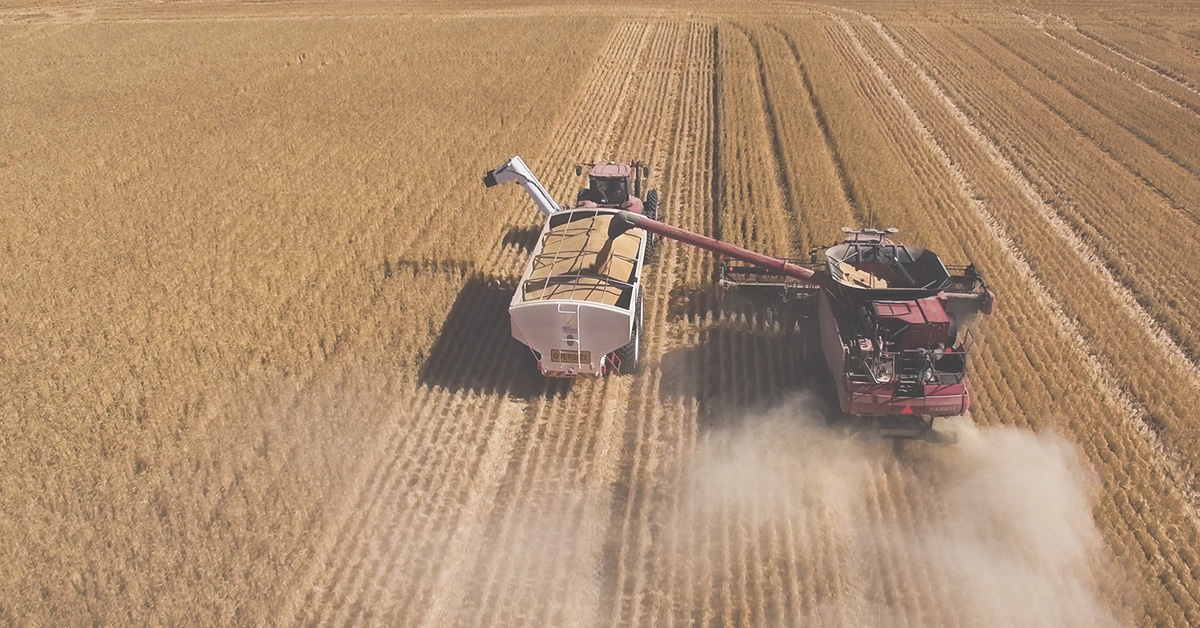Western Australian grain growers, a core component of the state’s agritourism sector, are set to benefit from a $5 million State Government investment in a new high-tech research network aimed at boosting crop yields and resilience. The initiative will establish two Western Australian nodes of the Australian Plant Phenomics Network (APPN), providing researchers and commercial growers with access to cutting-edge digital technology, including drones, advanced sensors, and robotics, to improve crop performance and management.
This development is of significant strategic importance to WAAA members, as it focuses on enhancing the productivity and sustainability of the very agricultural landscapes that form the backdrop and, in many cases, the primary attraction of their tourism offerings. The network will be located at The University of Western Australia and at the Department of Primary Industries and Regional Development (DPIRD) facilities in Northam and Merredin, placing it directly within key grain-growing regions.
Practical Applications of ‘Agri-Tech’ for Farm Operations
The new network will focus on “plant phenotyping”—the assessment of complex plant traits such as growth, resistance to disease, and yield. By using advanced digital tools, the network aims to turn vast amounts of data into practical improvements for growers.
According to the government’s announcement, the practical applications for growers will include:
- High-Performance Grain Varieties: The research will analyse plant responses to soil, water, and nutrients to help develop new grain varieties specifically suited to local WA conditions.
- Precision Crop Management: DPIRD’s Northam node will offer the use of drones equipped with state-of-the-art sensors and other ground-based instruments to precisely monitor and measure crops, allowing for more targeted and efficient farm management.
- Advanced Field Trials: The Merredin research station will host sophisticated trials with controlled irrigation and environmental monitoring, providing robust data on how different varieties perform under specific conditions.
“For years, we’ve made decisions based on experience and broad-scale observations. The idea of having access to detailed, data-driven insights about which varieties will perform best on our specific soil types is a game-changer,” commented a Wheatbelt farmer who hosts seasonal wildflower tours. “Healthier crops not only improve our primary production bottom line but also enhance the visual appeal and story we can share with our visitors.”
Accessing the New Research and Technology
A key feature of the initiative is its collaborative nature. The government has confirmed that commercial, academic, and public sector researchers will be able to access the network’s services, resources, and expertise. This open-access model means that WAAA members, either individually or through grower groups, will have a pathway to engage with this emerging science.
Agriculture and Food Minister Jackie Jarvis stated that the investment will help “WA’s growers to increase yields, quality and resilience.” She also noted the importance of data-driven science in breeding improved varieties and optimising crop potential in response to market and climatic conditions.
This initiative represents a significant step forward in the adoption of Agri-tech within WA’s broadacre farming sector. For agritourism operators, the benefits are twofold: it promises direct improvements to their primary agricultural operations while also strengthening the narrative of innovation and sustainability that is increasingly attractive to modern tourists. WAAA will monitor the rollout of the network and provide members with updates on how they can engage with its research and services.

Leave a Reply